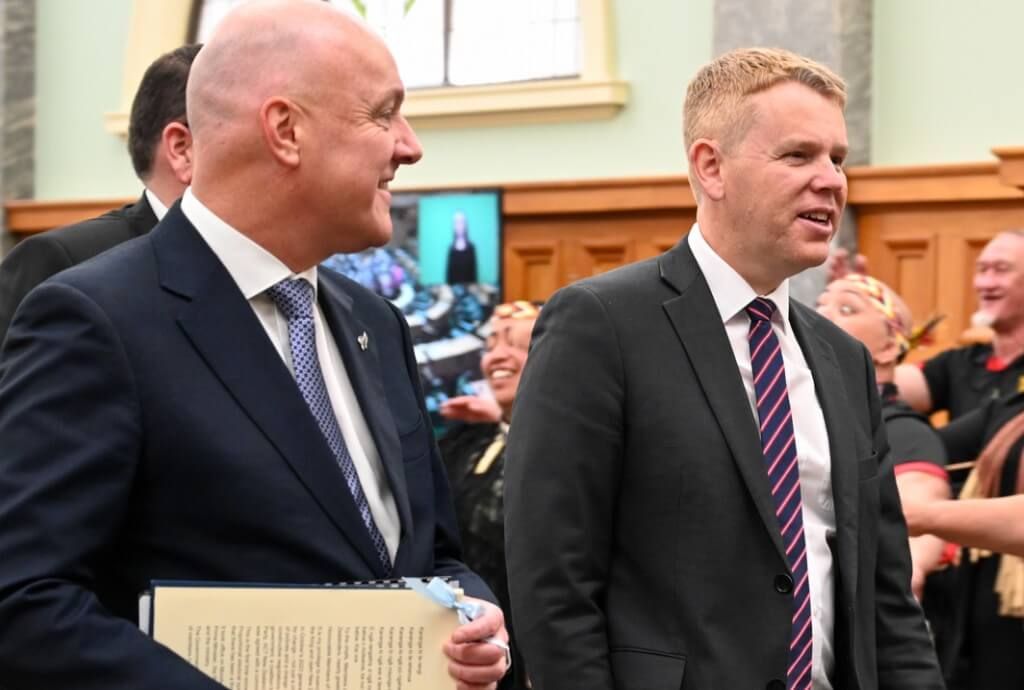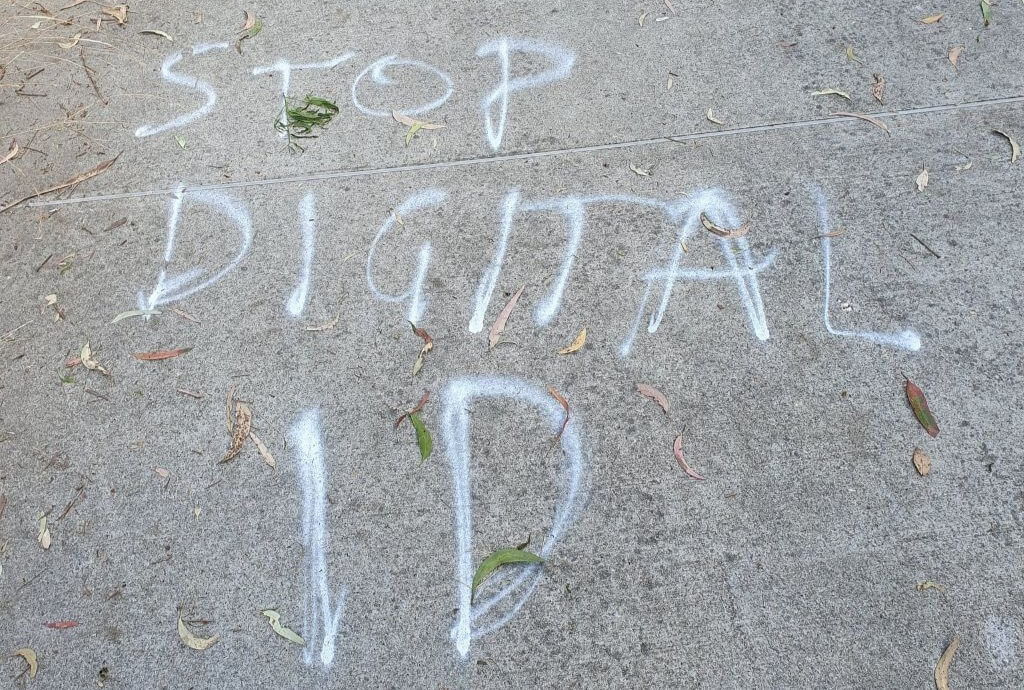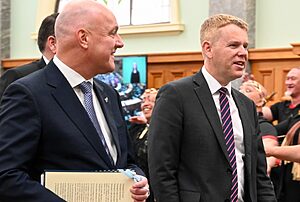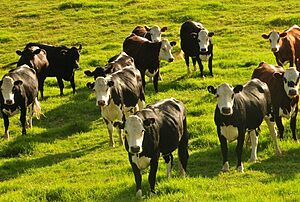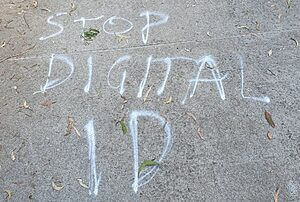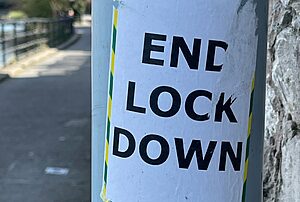In brief
- AstraZeneca faces lawsuits overseas regarding the COVID vaccine, and (gasp!) the story is in the NZ Herald.
- Marketing of the vaccine emphasised a very significant relative risk reduction despite only a very small absolute risk reduction.
- Governments, including New Zealand, have ceased or curtailed using this vaccine.
- Claims the AZ vaccine saved six million lives in its first year are just claims by vaccine cheerleaders.
Contradictory claims over vaccine efficacy
Oxford/AstraZeneca, the manufacturer of COVID-19 vaccine “Vaxzevria” (approved in New Zealand in 2021) is being challenged in court for vaccine injuries. This brings the “safe and effective” claim into question. Similar claims are arising in other places as well, for instance, Australia.
That this sort of negative COVID vaccine story (a reprint that first appeared elsewhere) is appearing in any NZ legacy media, in this case the NZ Herald, is news in itself. There are countless credible stories that are negative towards the COVID vaccines that have not.
Recall that the NZ Herald, implicitly holding itself out as an authoritative source on the issue (which we question), undertook the role of actively promoting vaccinations in New Zealand through its ‘90% campaign’ initiative.

Almost comically, the story contains the pro vaccine line (not added by the NZ Herald), that the AZ vaccine saved over six million lives(see below) worldwide in its first year.
The essence of the case is to show a lot of this positive narrative was bollocks.
Lawsuits questioning the hype
In the UK High Court, two test cases have emerged, involving a permanent brain injury and a tragic fatality. Claimants are arguing the one-off payment of £120,000 (approx. $250,000 NZD) offered by the UK Government is insufficient.
Claimants allege the vaccine is “defective” and the company “overstated” the efficacy by, in part, focusing on relative, over absolute, risk reduction in their marketing.
Absolute vs relative risk
Absolute risk reduction means that if a person had a 10% chance of getting COVID without the vaccine and that risk dropped to 3% with the vaccine, then the absolute risk reduction would be 7%.
Relative risk reduction means that if, in a group without the vaccine, 10% got COVID, and in a group with the vaccine, only 3% got COVID, you’d say the risk of getting COVID with the vaccine is 70% lower than without it.
Efficacy claims and relative risk reduction
AstraZeneca’s presentation of the vaccine’s efficacy is a key point of contention. The company reported a relative risk reduction of 62% to 90%, while the absolute risk reduction was a mere 1.2%.
Governments seemed happy to go along with the exaggeration because they were pushing the vaccines even more than the manufacturers.
Government’s responses and global impact
In response to identified serious side effects like blood clotting, the UK government ceased using the AZ vaccine and similar concerns led other governments, including NZ, to at least curtail the vaccine.
The World Health Organisation (WHO) has said the vaccine is safe and effective for anyone 18 and above, but obviously that is not universally believed.
Conflicting narratives
Despite these legal challenges, mainstream media outlets are featuring independent studies claiming that the AZ vaccine saved over six million lives worldwide in its first year. These success claims are grounded in models and estimates and are nothing but guesses. There are also similarly speculative “studies” claiming the COVID vaccines have killed more than they have saved.


